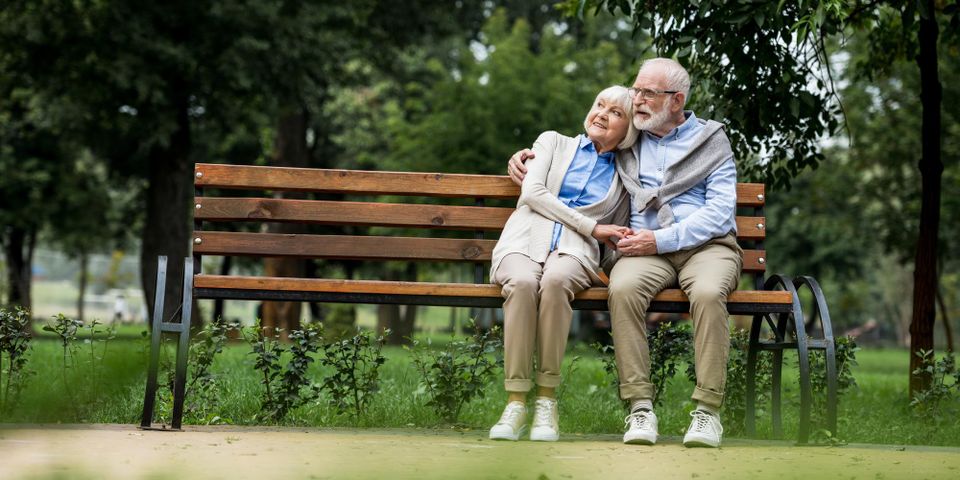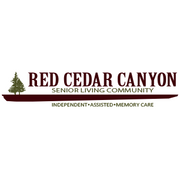Understanding & Managing Sundown Syndrome

If your loved one is receiving dementia care, you have likely witnessed significant changes in their behavior or personality. Because they are not the person you once knew, it is easy to miss new symptoms. Sundown syndrome can affect up to 66% of Alzheimer’s care patients living at home and typically begins in the middle-to-late stages of the disease. Here’s what you should know about sundown syndrome and how to cope with it.
What Is Sundown Syndrome?
Also called sundowners or sundowning, the term refers to elderly individuals who experience a worsening of dementia or Alzheimer’s symptoms in the early or late evening—as the sun is going down. While the exact cause is unknown, a prominent theory is that it’s a result of an interrupted circadian rhythm, triggered by fading light. Often, this syndrome goes away over time, but always consult a dementia care professional if you notice any signs.
What Are the Signs?
 Your loved one’s overall confusion and restlessness will increase in the early evening. They may experience mood swings, delusions, increased anxiety or pacing, and hallucinations. These symptoms may keep your loved one up during the night and worsen as the night goes on. Typically, symptoms will improve by morning.
Your loved one’s overall confusion and restlessness will increase in the early evening. They may experience mood swings, delusions, increased anxiety or pacing, and hallucinations. These symptoms may keep your loved one up during the night and worsen as the night goes on. Typically, symptoms will improve by morning.
How Is It Managed?
While it’s impossible to alleviate symptoms entirely, daily lifestyle changes can make them less severe. Maintain a specific routine each day, so your loved one is less worried about the unknown. You or the dementia care professional should limit napping, caffeine and sugar, and TV use at night to encourage sleeping. Because dimming light appears to be a trigger, plan activities during the day and increase indoor lighting—especially as evening approaches.
If your loved one needs professional dementia care, Red Cedar Canyon Senior Living offers assisted living and respite and memory care. Located in Hudson, WI, the caring staff takes extra precautions to ensure your loved one is as comfortable as possible—with their privacy, dignity, and freedom. They understand that, as someone ages, their needs expand, and this facility will expand to meet them. Learn more about their senior living services online, or call (715) 381-7333 to speak with a staff member today.
About the Business
Have a question? Ask the experts!
Send your question

